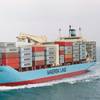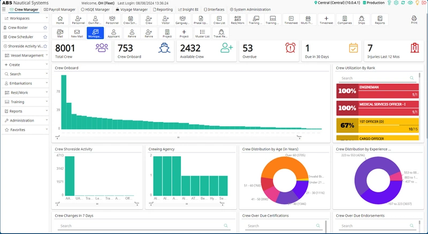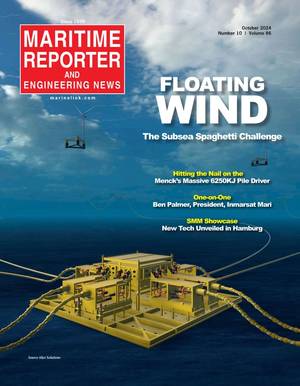Three new guides that will support States to effectively implement IMO-adopted mandatory energy-efficiency measures for shipping have been rolled out during a training under the Global Environment Facility (GEF)-United Nations Development Program (UNDP)-International Maritime Organization (IMO) GloMEEP Project, paving the way for further work in climate change mitigation by the maritime sector.
The GloMEEP training was held from 12 to 14 September in Batumi, Georgia, which is one of the Lead Pilot Countries of the Project.
The GloMEEP Project is part of IMO’s continued work to support developing countries to prevent air pollution and address greenhouse gas emissions from ships.
During the training, organized in conjunction with the Georgia International Maritime Forum 2016 (GIMF), 37 national experts from 10 GloMEEP Lead Pilot Countries (LPCs) were trained in the use of the new draft guides. Feedback from the training will enable the draft guides to be finalised and made freely available on the GloMEEP website to member States and other stakeholders.
The three draft guides, which have been specifically developed under IMO’s GloMEEP Project in collaboration with IMarEST, aim to support developing countries in strengthening and developing national regulatory frameworks related to the prevention of air pollution and reduction of greenhouse gas emissions from ships.
Dr Jose Matheickal, Head, ITCP Implementation and Major Projects, in his closing remarks at the workshop, said: "This training is a crucial activity under the GloMEEP Project and a key foundation building exercise for this major initiative. This pool of experts, trained by the project, can significantly contribute to taking forward the effective implementation of the energy efficiency requirements for international shipping in their respective countries.”
Dr Edmund Hughes, Head, Air Pollution and Energy Efficiency at IMO, who co-facilitated the training said, “This activity is the first time that training has been provided concurrently for three core elements that enable participating countries to develop a coherent plan for effective implementation of international shipping regulations.”













